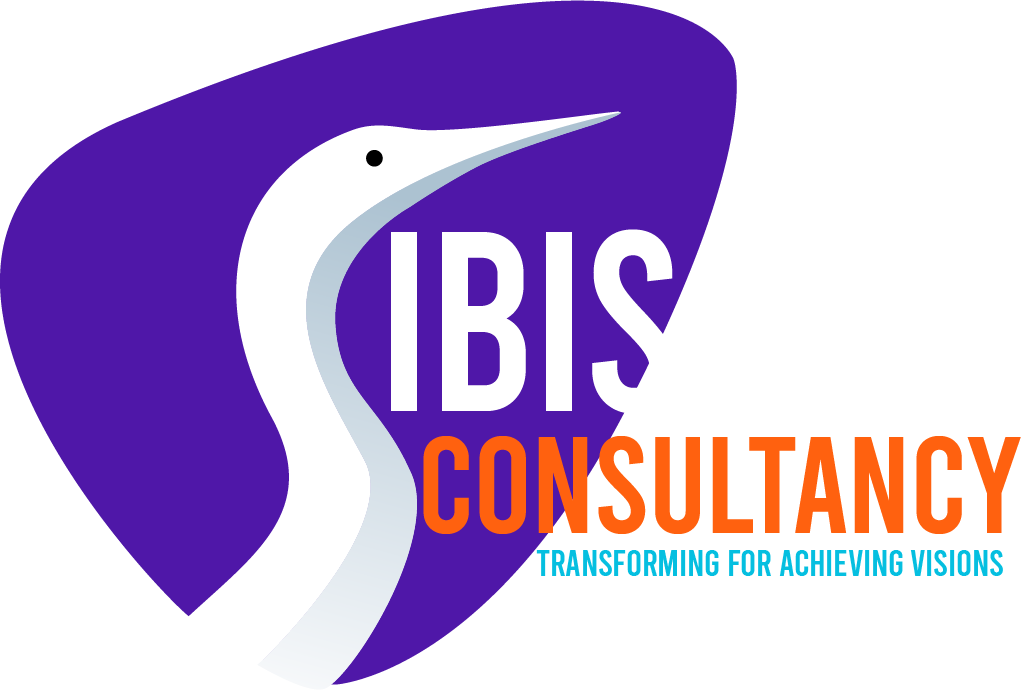OTHM Level 7 Certificate in Research Methods
- Course Duration: 144h
- qualification: OTHM Level 7
About this course
Objectives
The objective of the OTHM Level 7 Certificate in Research Methods qualification is to develop learners’ ability to prepare for various types of academically based research through the development and design of a research proposal.
Learners will develop a critical understanding of the philosophical, practical and ethical concepts of research within the context of any environment.
Equivalences
The OTHM Level 7 Certificate in Research Methods is on the Regulated Qualifications Framework (RQF) at the same level as master’s degrees which can be used to build up credits towards further study.
Qualification structure
The OTHM Level 7 Certificate in Research Methods consists of 1 mandatory unit, of 20 credits, 200 hours Total Qualification Time (TQT) and 100 Guided Learning Hours (GLH) for the completed qualification.
it focuses on providing learners with comprehensive knowledge and practical skills in research methodologies.
This module covers various aspects of research design, data collection methods, data analysis techniques, research ethics, literature review, research proposal writing, and critical thinking and evaluation.
By studying this module, learners gain the ability to plan, conduct, analyze, and report research effectively, preparing them for various research-oriented roles in academia, industry, or government sectors.
Duration and delivery
The qualification is designed to be delivered over 2 months for full-time study, but it is also flexible in its delivery in order to accommodate part-time and distance learning.
The qualification is delivered face-to-face, through lectures, tutorials, seminars, distance, online by approved centres only.
Assessment and verification
All units within this qualification are internally assessed by the centre and externally verified by OTHM. The qualifications are criterion referenced, based on the achievement of all the specified learning outcomes.
To achieve a ‘pass’ for a unit, learners must provide evidence to demonstrate that they have fulfilled all the learning outcomes and meet the standards specified by all assessment criteria. Judgement that the learners have successfully fulfilled the assessment criteria is made by the Assessor.
The Assessor should provide an audit trail showing how the judgement of the learners’ overall achievement has been arrived at.
Progression
You’ll earn 20 credits at Masters level (Level 7) on successful completion of this course. You can use your credits towards further study, including progress to an MBA top-up at London Graduate School. For more information visit University Progressions page.
As this qualification is approved and regulated by Ofqual (Office of the Qualifications and Examinations Regulation), your employer or professional institute may recognise this course for Continuing Professional Development (CPD).
Entry Requirements
For entry onto the OTHM Level 7 Certificate in Research Methods qualification, learners must possess:
- An honours degree or UK level 6 diploma or an equivalent overseas qualification.
- Mature learners with management experience (learners must check with the delivery centre regarding this experience prior to registering for the programme).
- Learners must be 21 years old or older at the beginning of the course.
- English requirements: If a learner is not from a majority English-speaking country, they must provide evidence of English language competency. For more information visit English Language Expectations page.
What you will learn
Research Design:
- Understanding different research designs such as experimental, correlational, descriptive, and qualitative methods. Learners will gain insights into selecting the appropriate research design based on their research questions and objectives.
Data Collection Methods:
- Exploring various data collection techniques including surveys, interviews, observations, and archival research. Learners will understand the strengths and limitations of each method and how to choose the most suitable approach for their research.
Data Analysis Techniques:
- Learning quantitative and qualitative data analysis methods such as statistical analysis, content analysis, thematic analysis, and coding. This includes using software tools like SPSS, NVivo, or Excel to analyze data effectively.
Research Ethics:
- Understanding ethical considerations in research, including informed consent, confidentiality, and minimizing harm to participants. Learners will learn how to conduct research ethically and adhere to ethical guidelines and regulations.
Literature Review:
- Developing skills in conducting a comprehensive literature review to identify gaps in existing research and justify the significance of their own study.
Research Proposal Writing:
- Learning how to write a research proposal, including formulating research questions, objectives, hypotheses (if applicable), and outlining the methodology and expected outcomes of the study.
Critical Thinking and Evaluation:
- Developing critical thinking skills to evaluate research findings, assess the validity and reliability of research studies, and interpret results accurately.
Overall, the Research Methods module equips learners with the essential knowledge and skills to plan, conduct, analyze, and report research effectively, preparing them for various research-oriented roles in academia, industry, or government sectors.
Benefits of this course
Enhanced Research Skills:
- The course provides comprehensive training in research methodologies, equipping learners with the knowledge and skills needed to conduct high-quality research in various fields.
Career Advancement:
- Holding a Level 7 Certificate in Research Methods demonstrates proficiency in research, which can enhance career prospects and open up opportunities for roles that require research expertise.
Preparation for Further Studies:
- The certificate program serves as a solid foundation for further academic studies, such as pursuing a master’s or doctoral degree, where research skills are essential.
Versatility:
- Research skills are highly transferable across different industries and sectors. Graduates of the certificate program can apply their research skills in academia, government agencies, non-profit organizations, market research firms, and more.
Critical Thinking and Problem-Solving:
- Engaging in research develops critical thinking and problem-solving skills, which are valuable assets in any profession.
Contribution to Knowledge:
- By conducting research, learners contribute to the advancement of knowledge in their field of interest, making meaningful contributions to academia and society.
Networking Opportunities:
- Engaging with instructors and fellow learners in the program provides valuable networking opportunities, which can lead to collaborations, mentorship, and access to new career opportunities.
Personal Development:
- Engaging in research can foster personal growth and self-discovery, as learners delve into topics of interest, challenge assumptions, and develop new perspectives.
Overall, the OTHM Level 7 Certificate in Research Methods offers a valuable opportunity for individuals to develop research skills, advance their careers, and make meaningful contributions to their field of study.
Qualification Number: 603/5746/0

